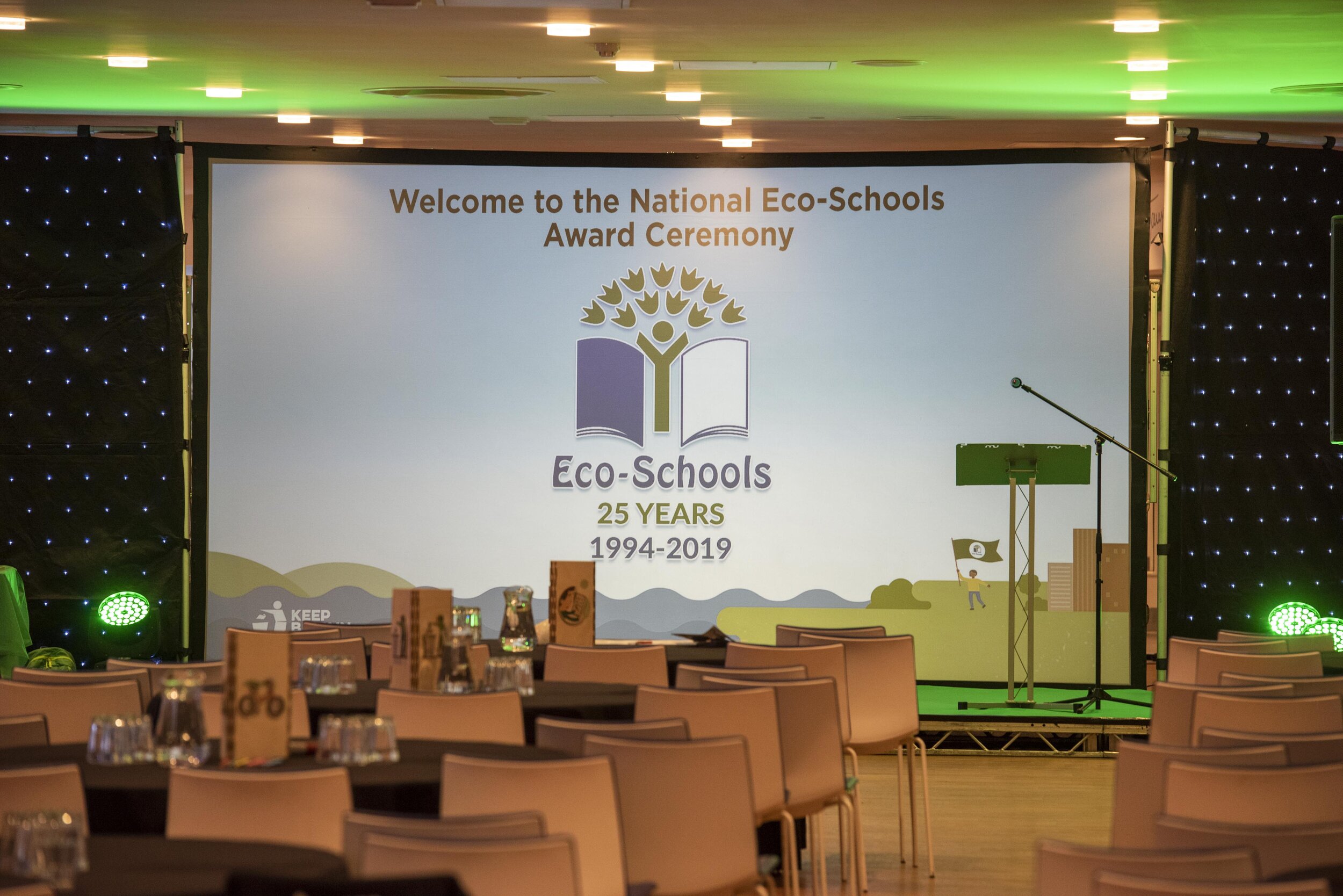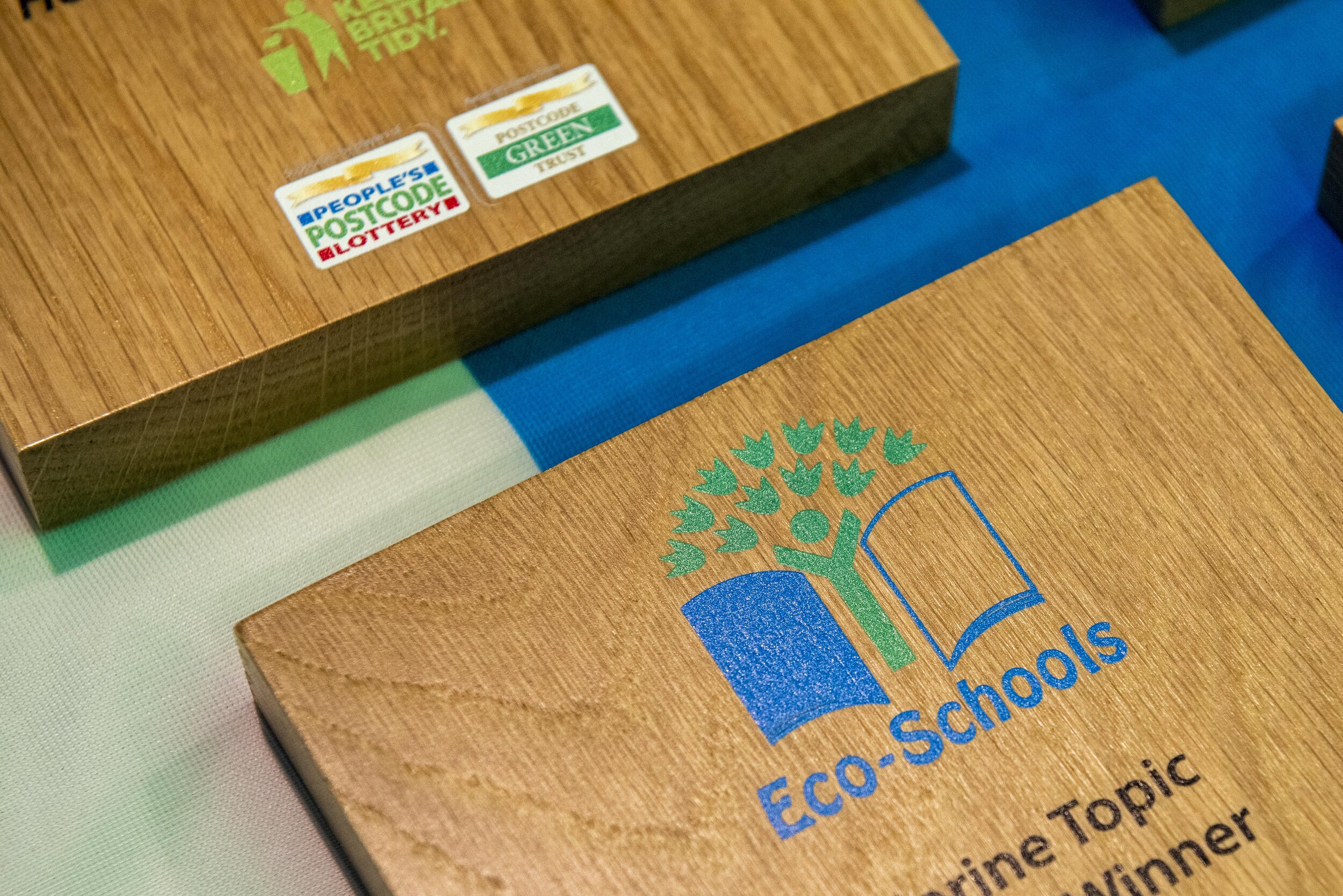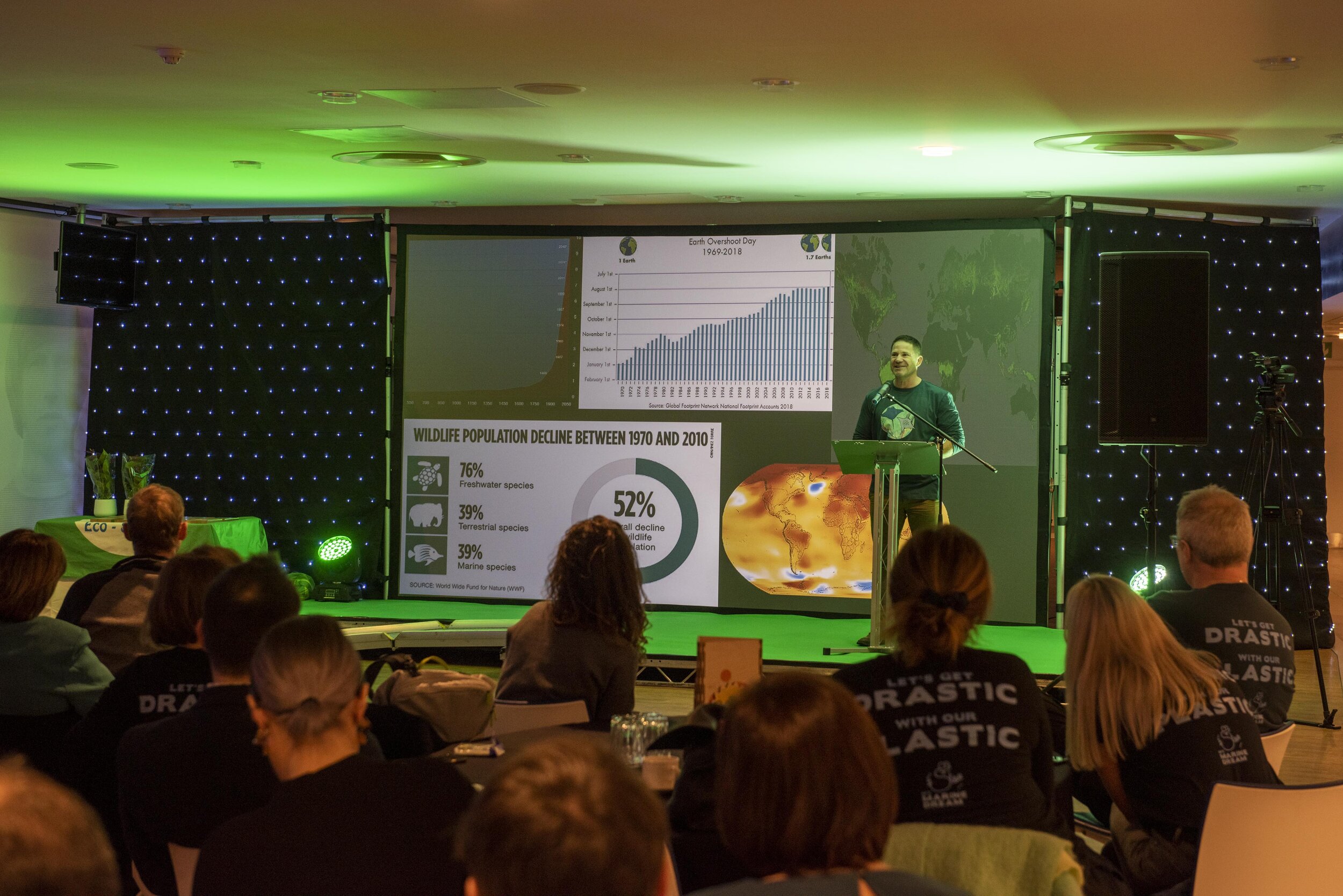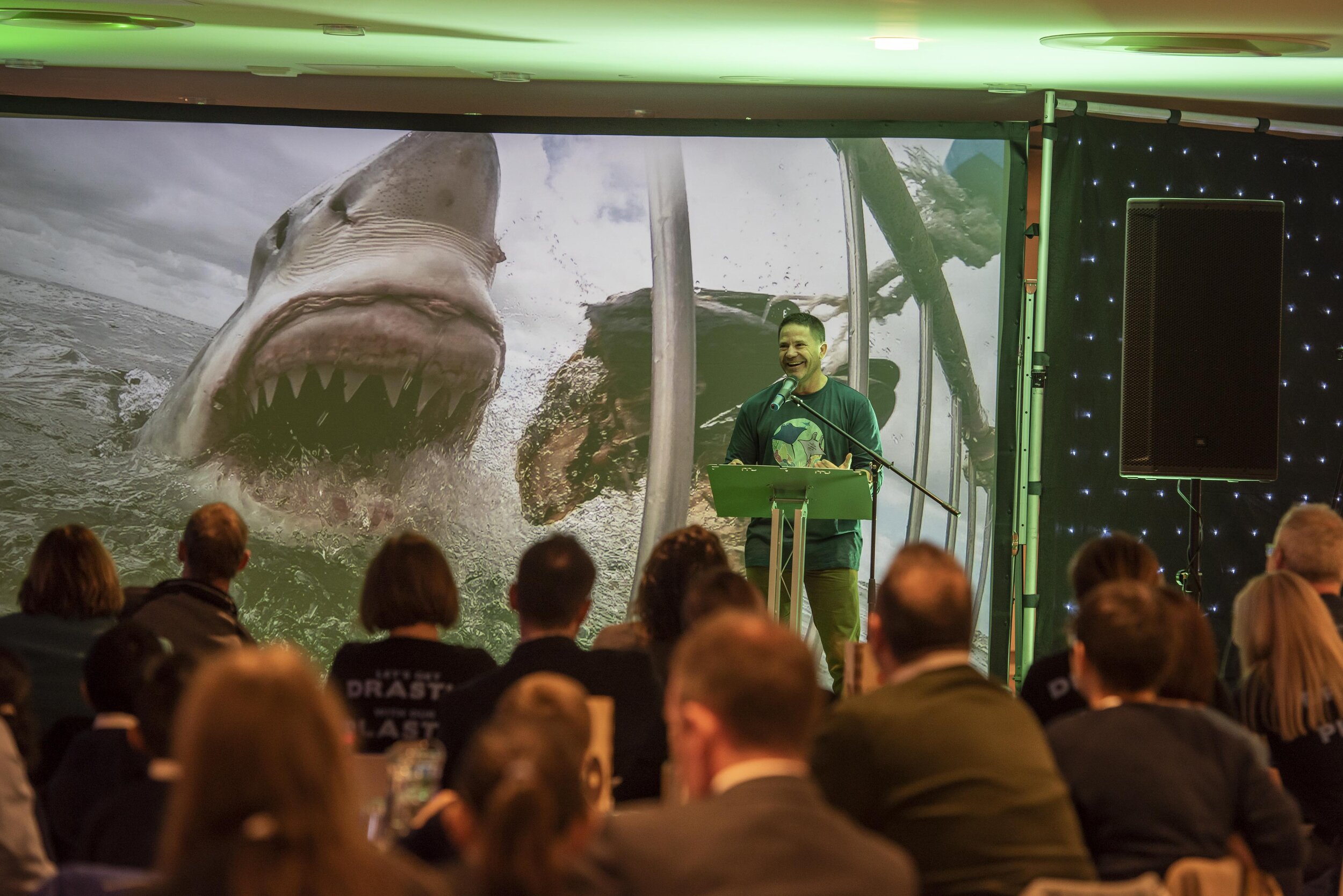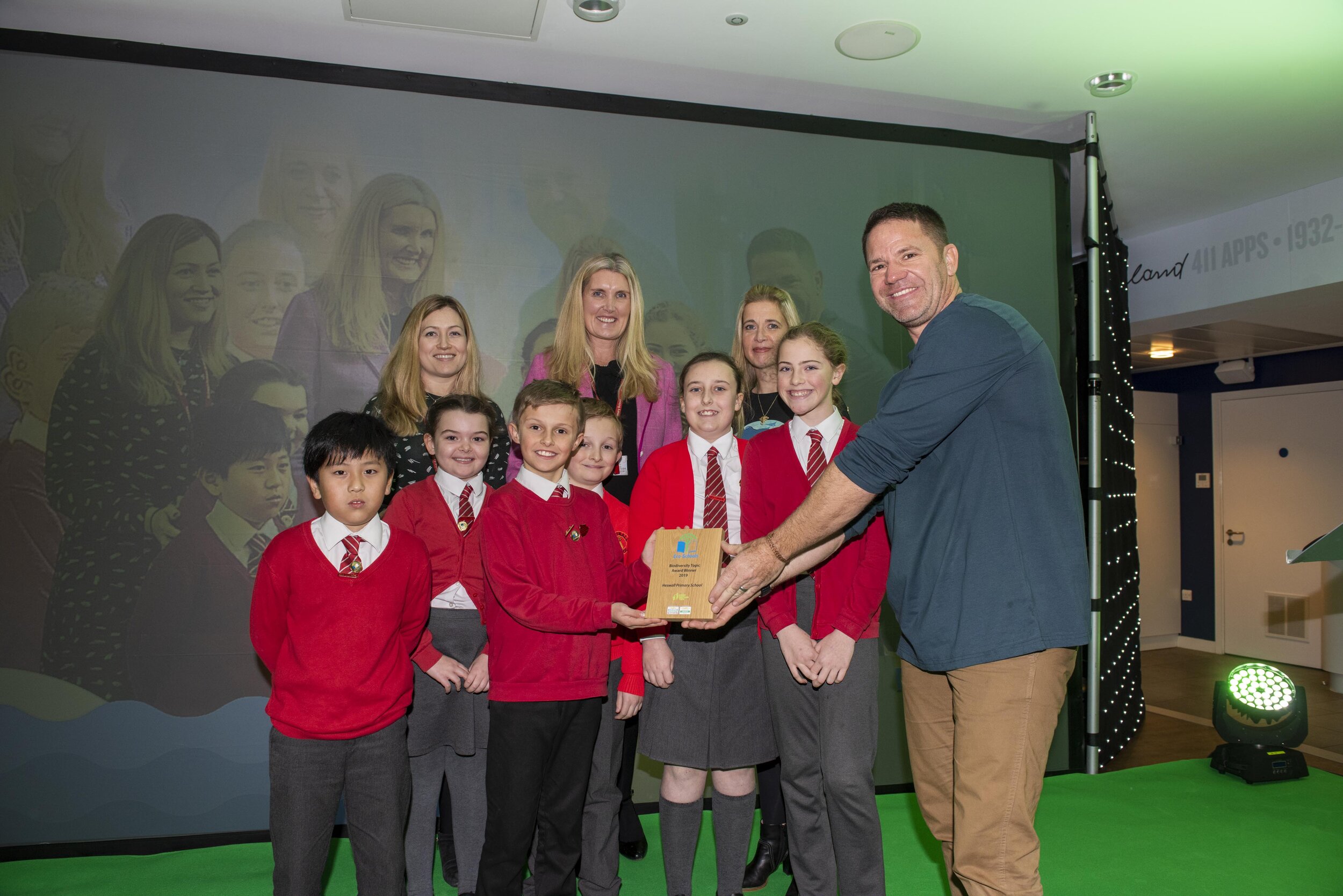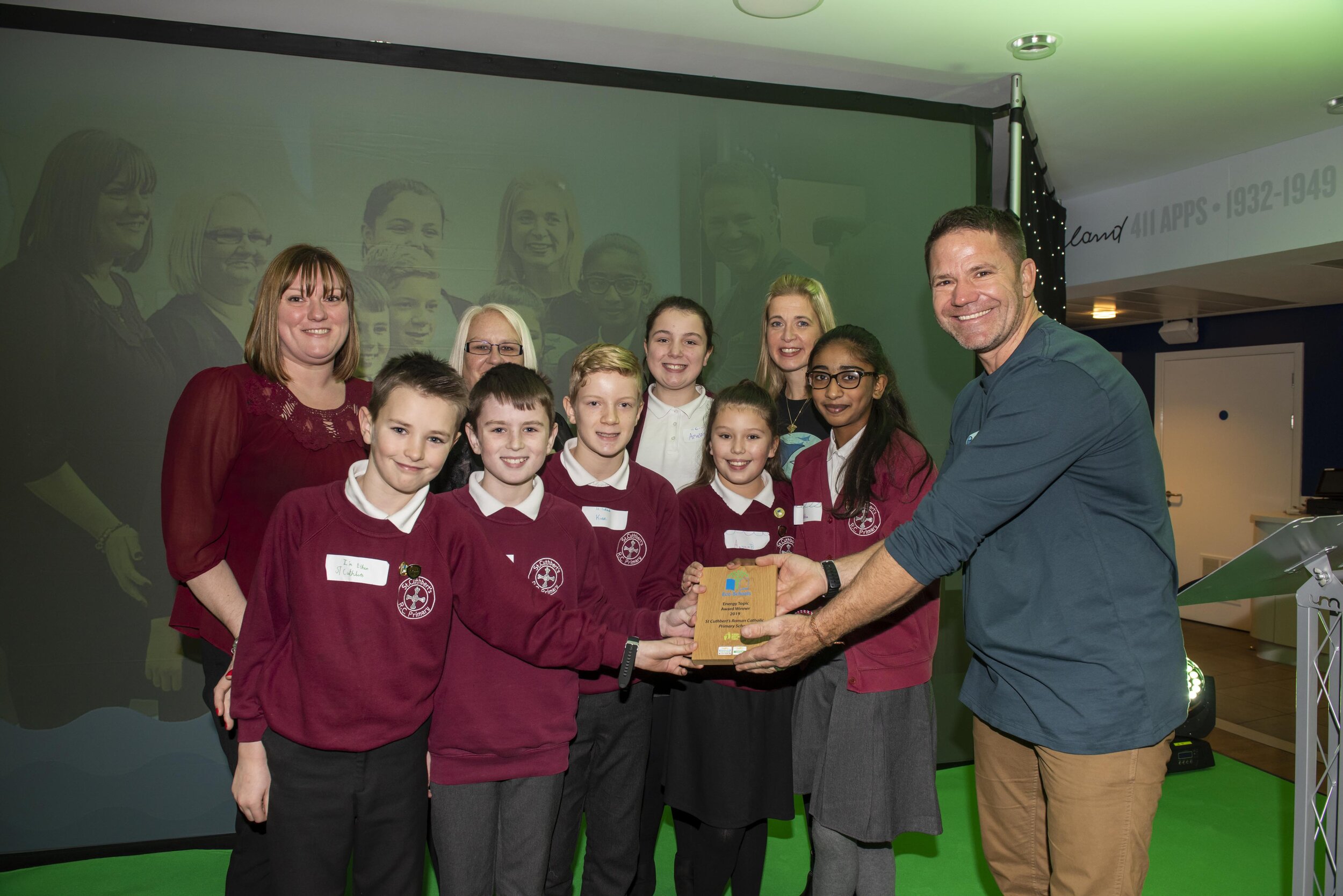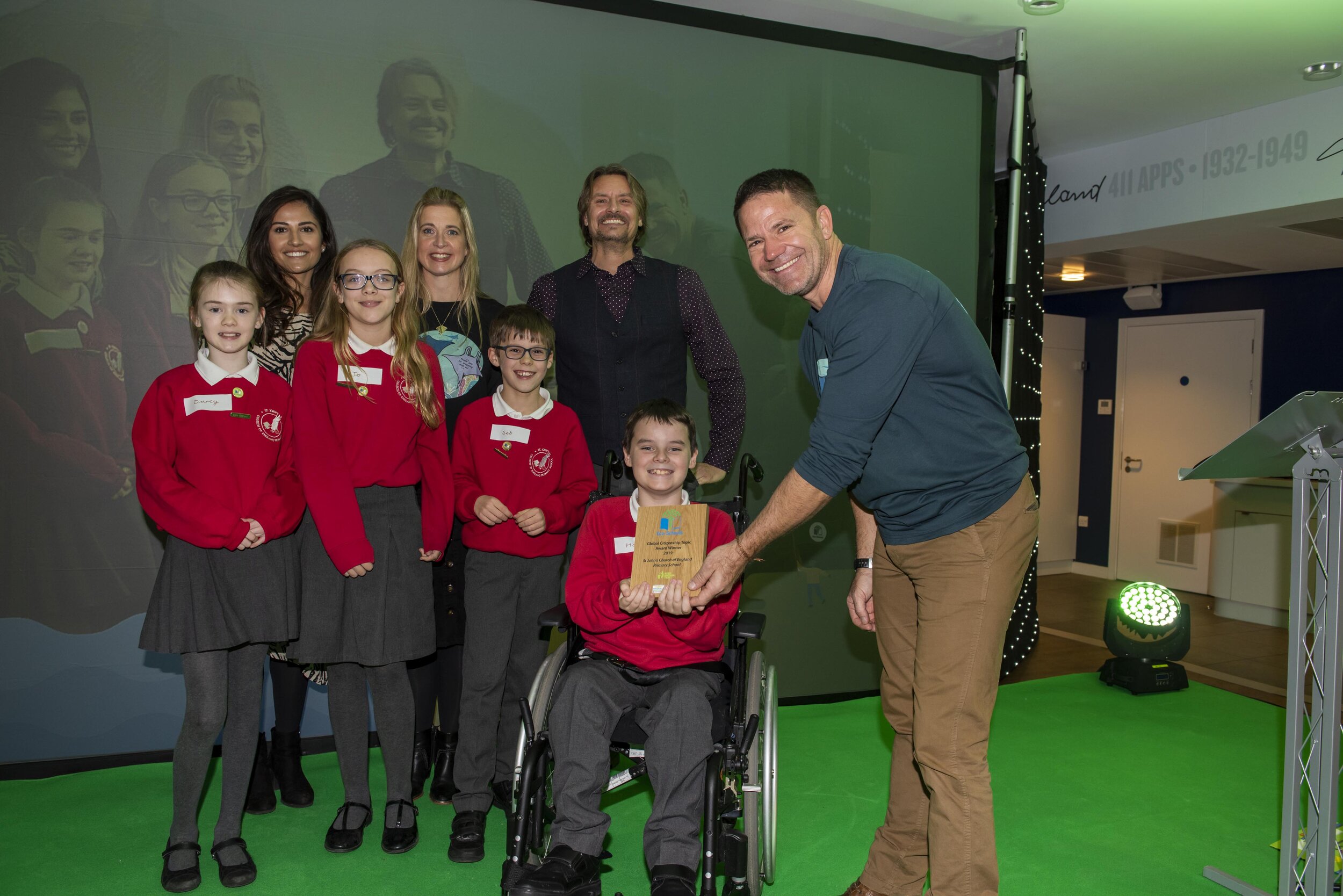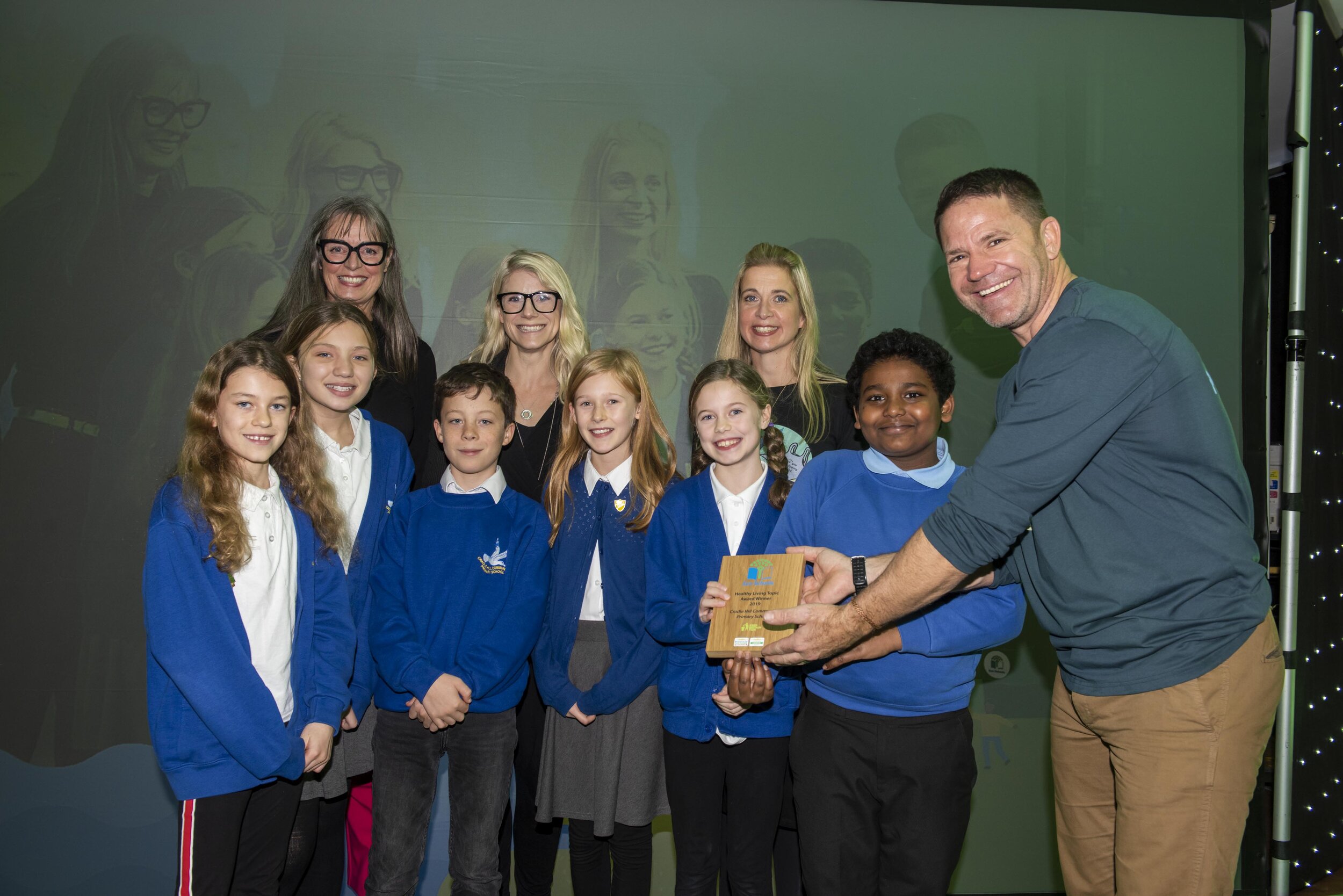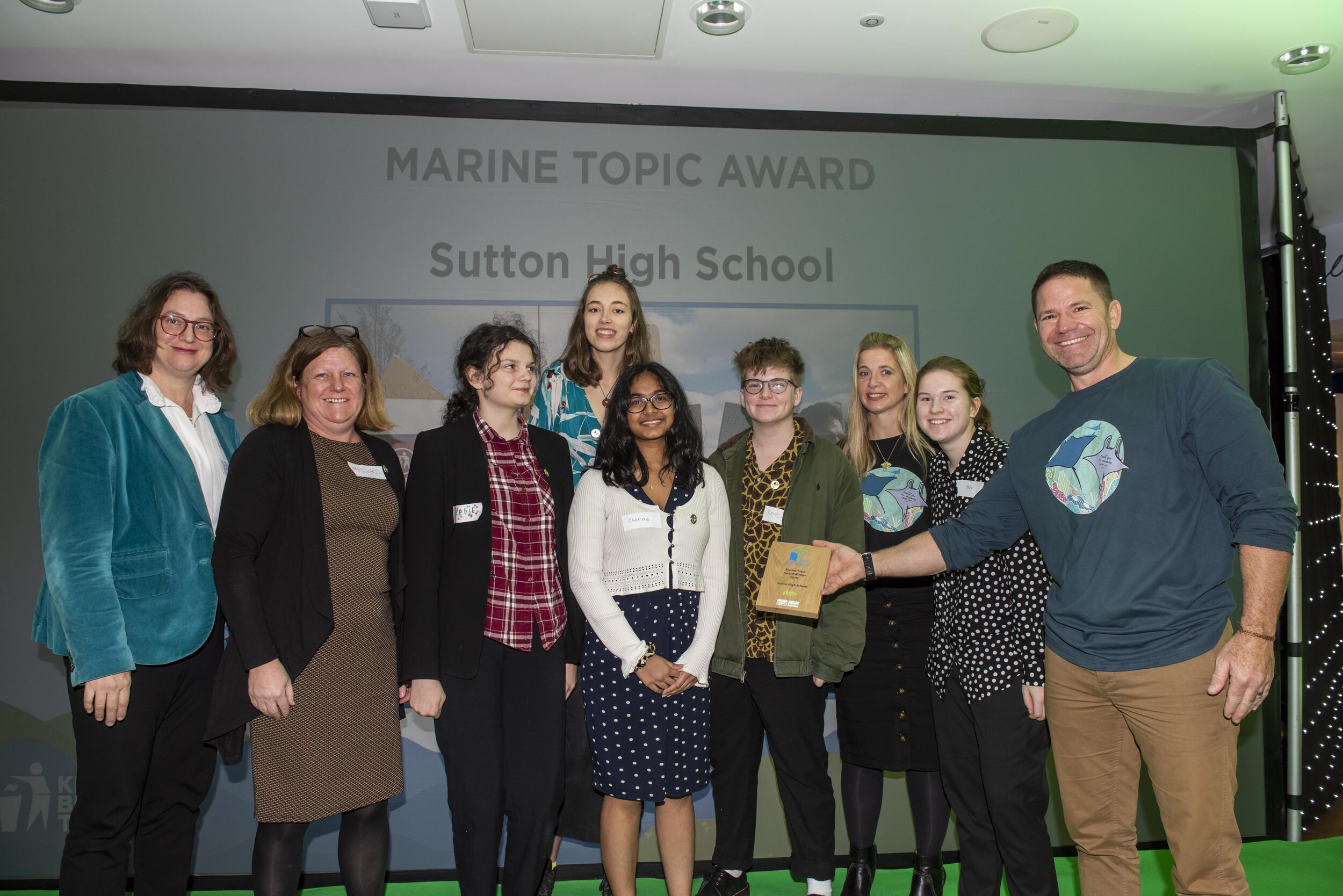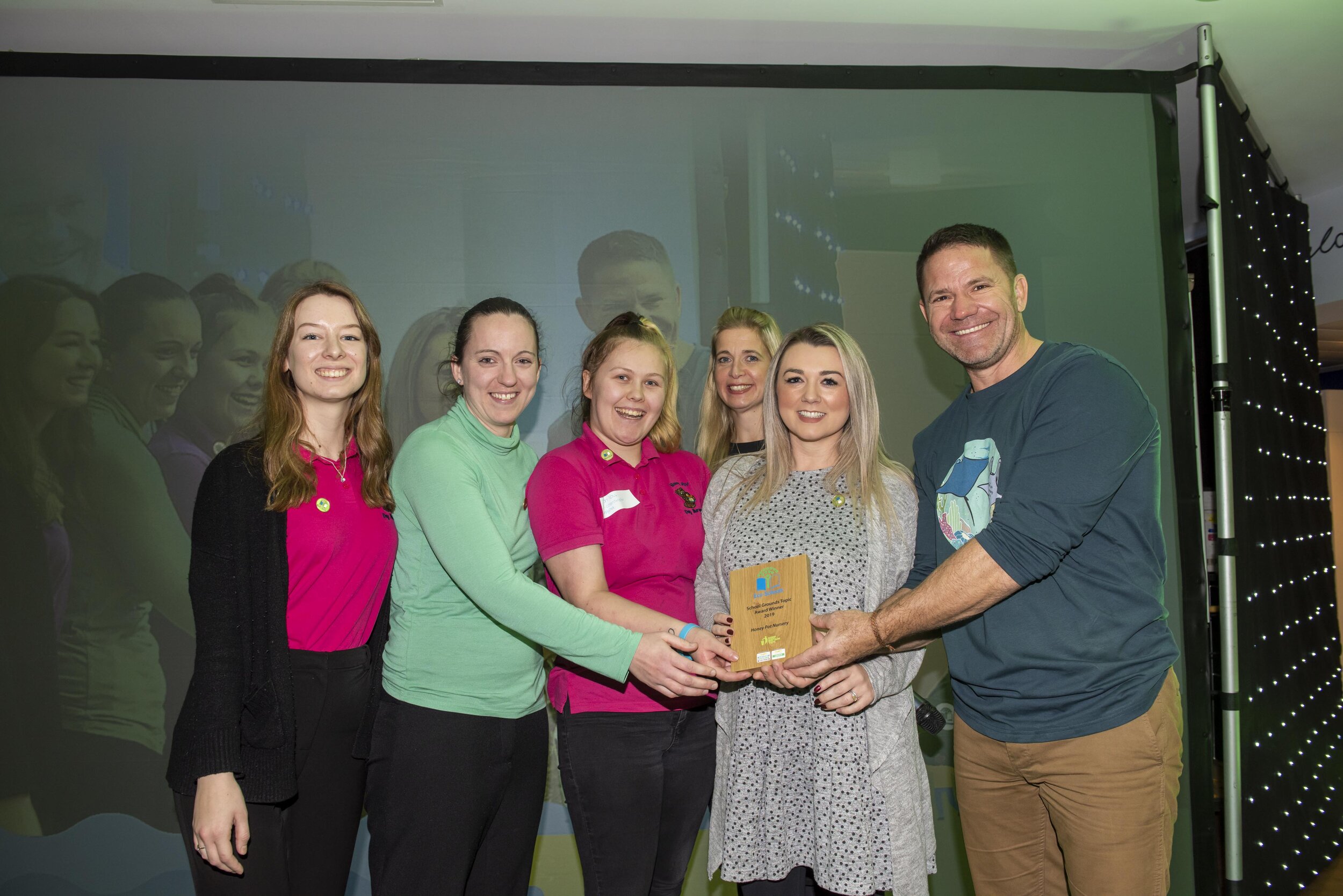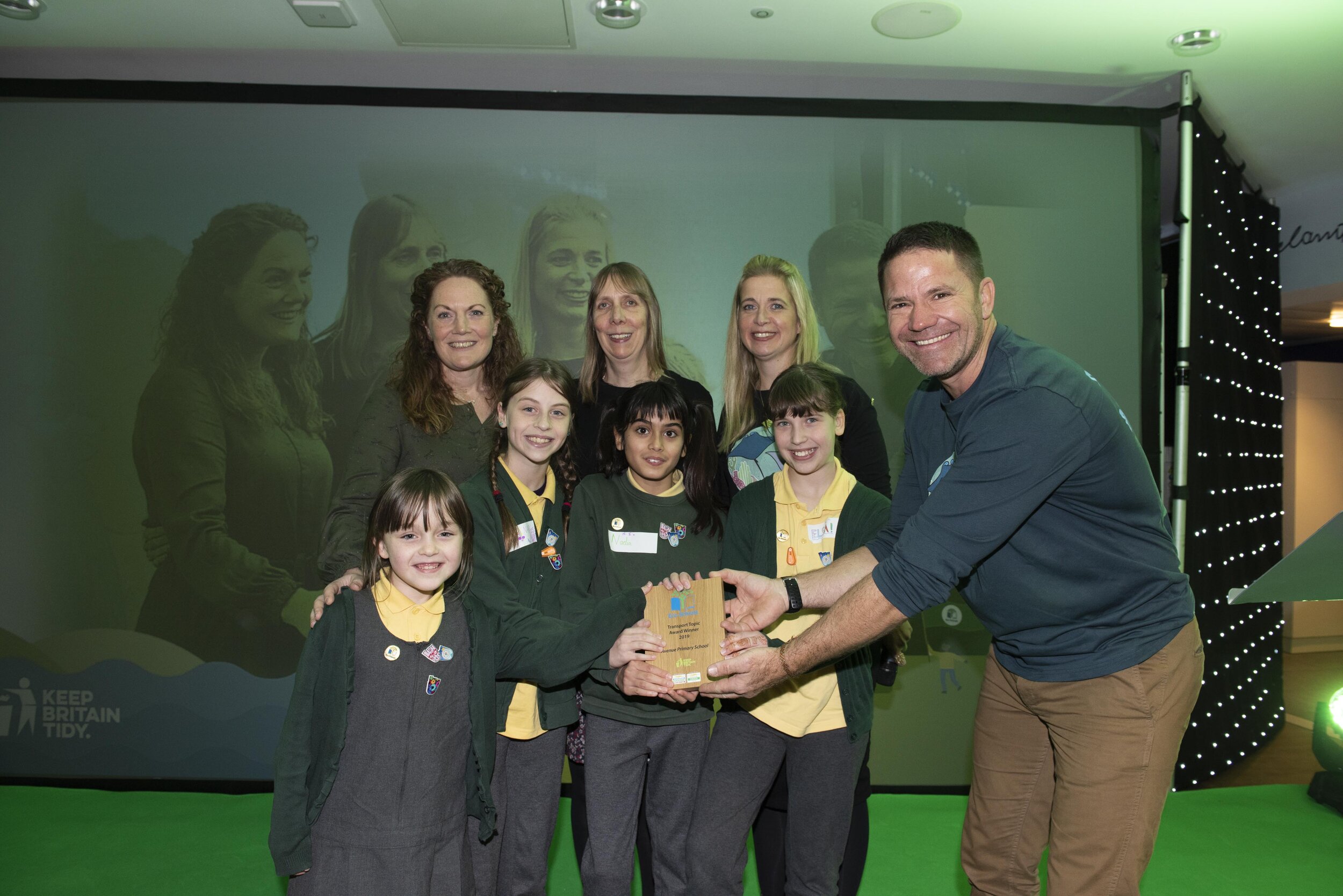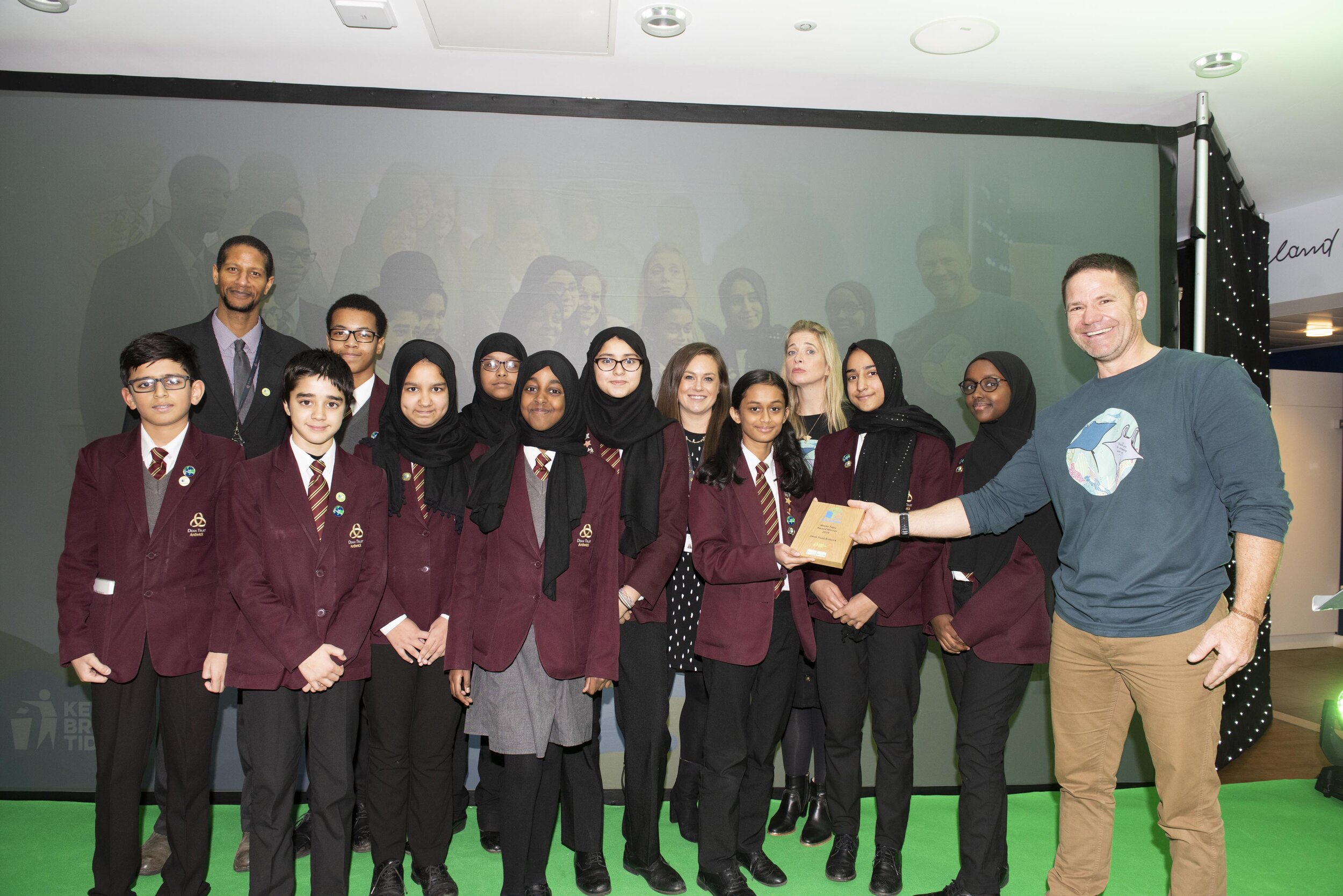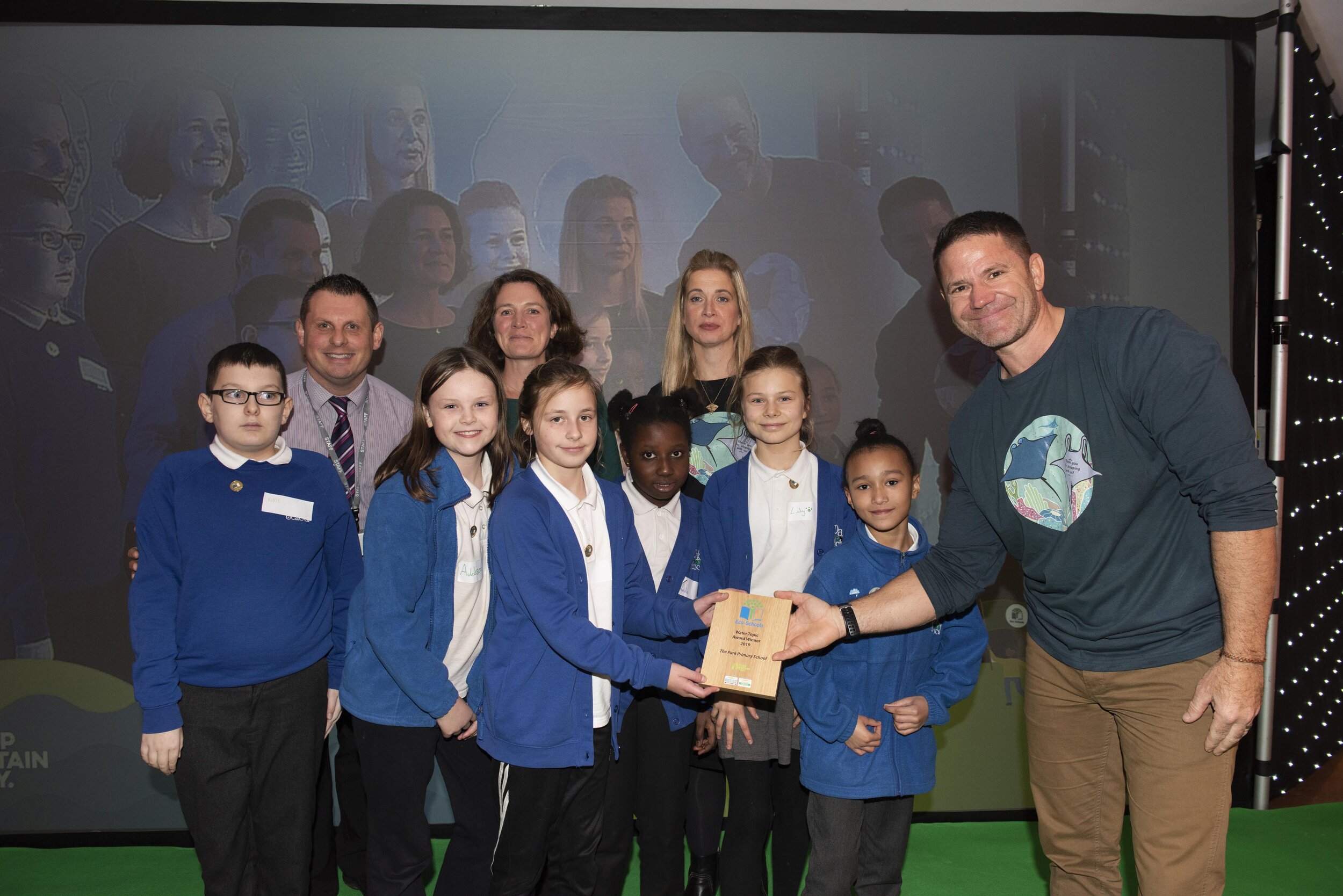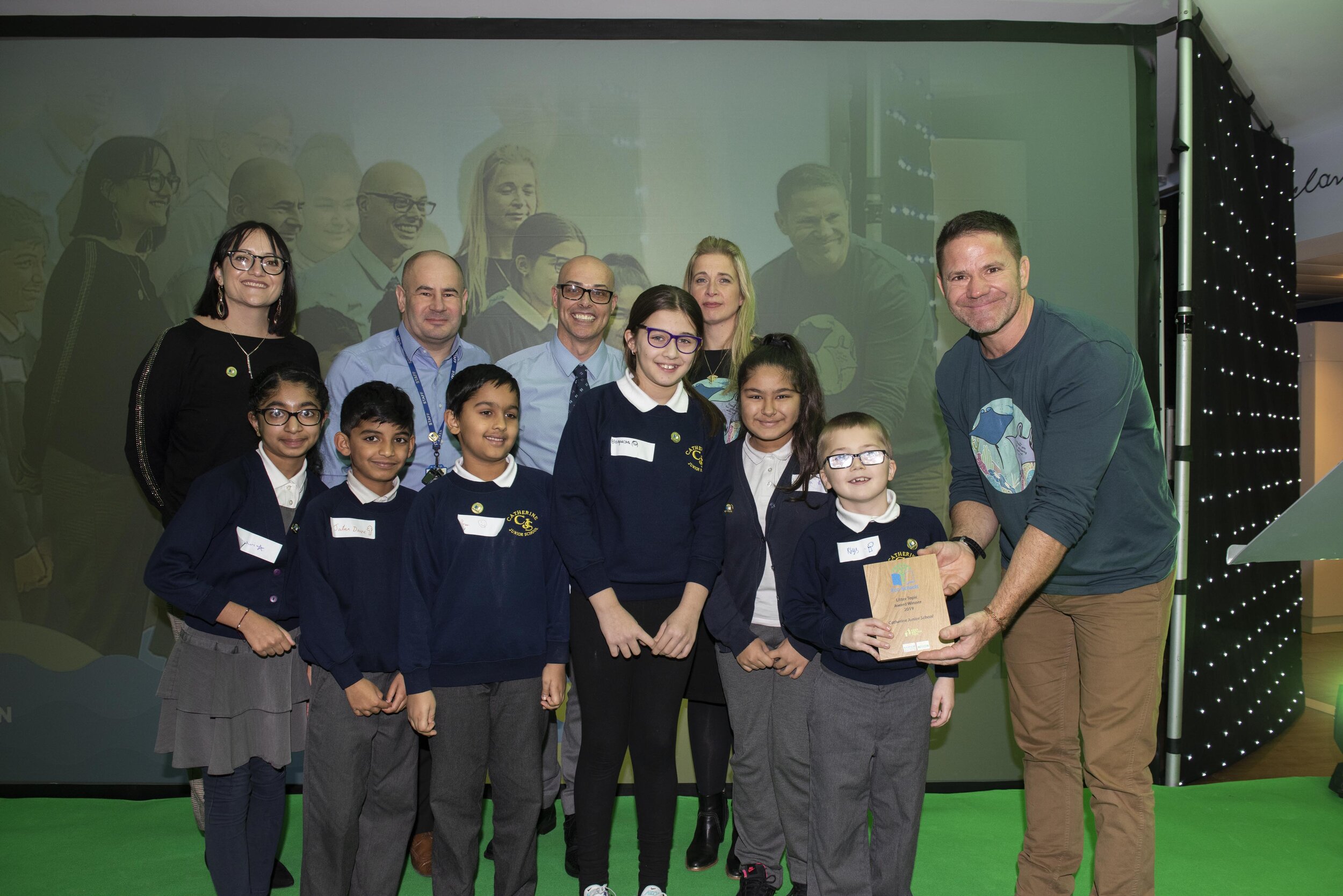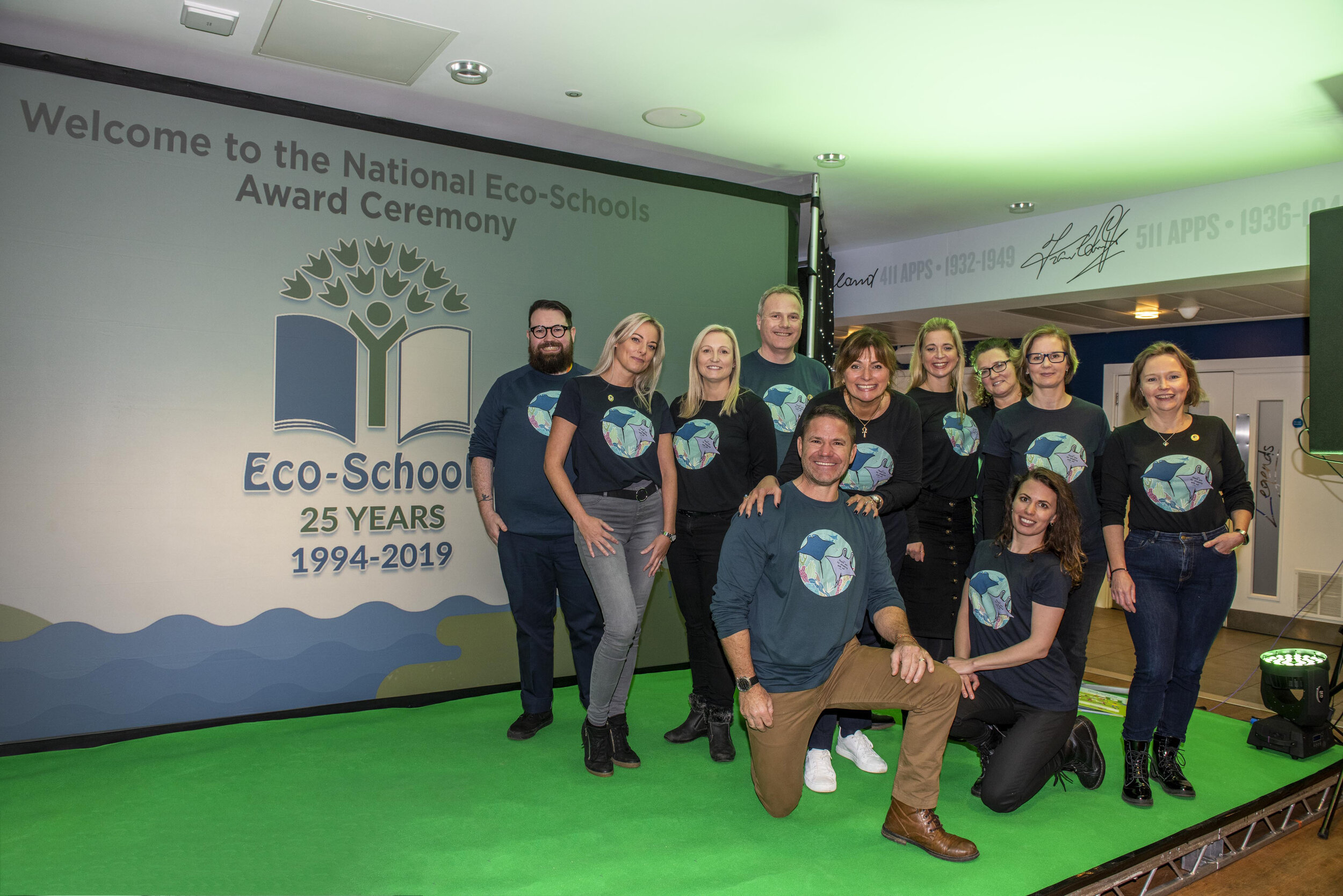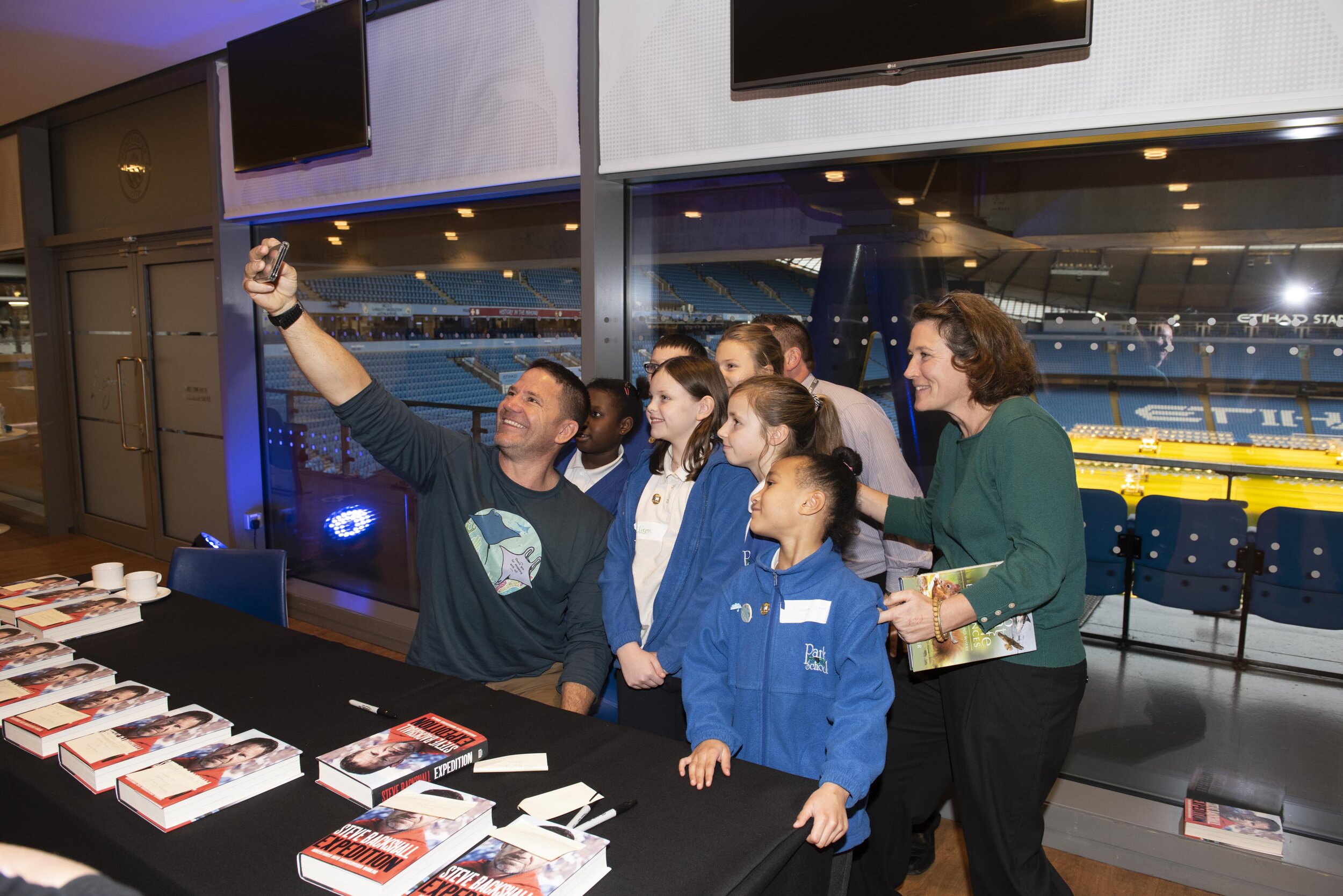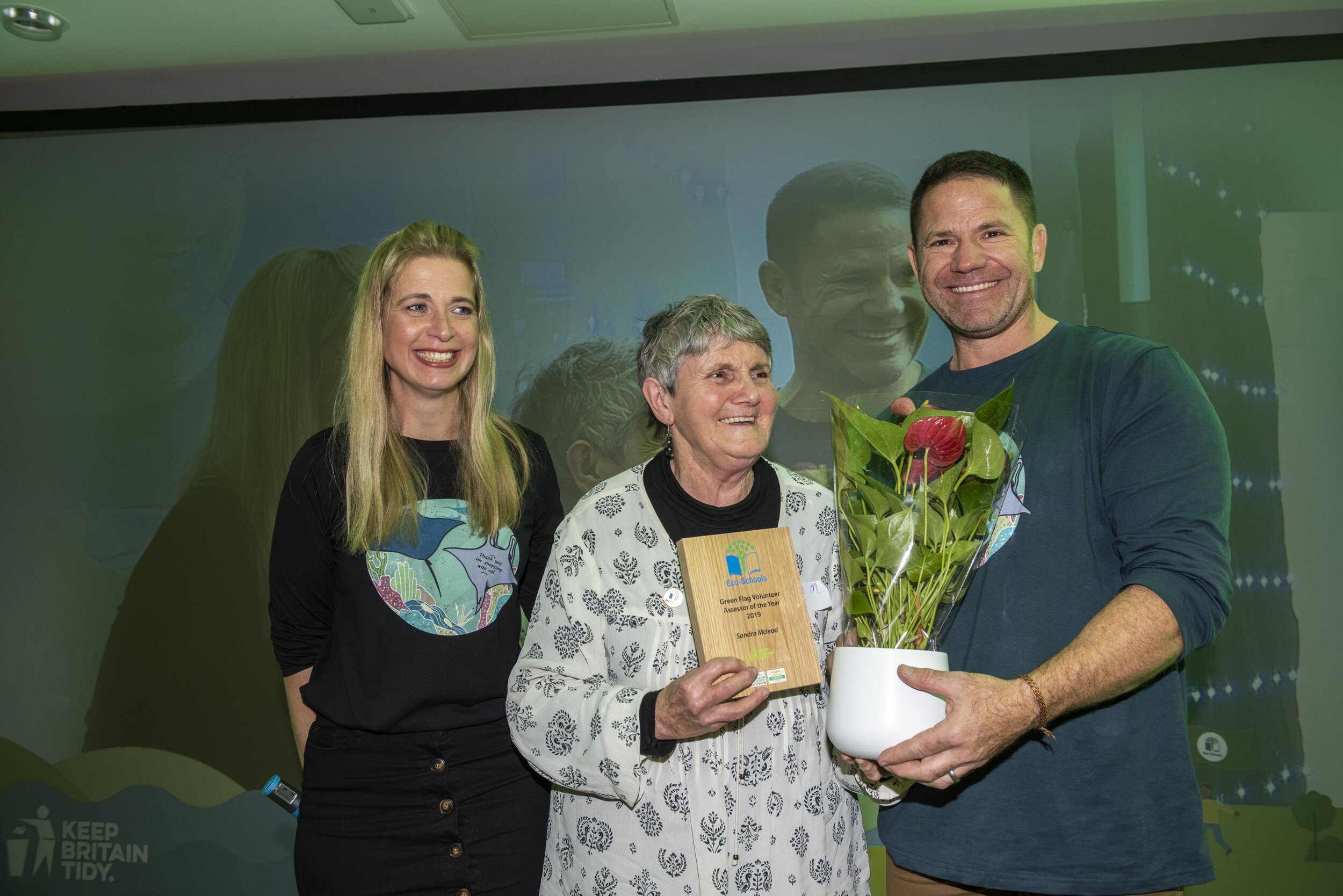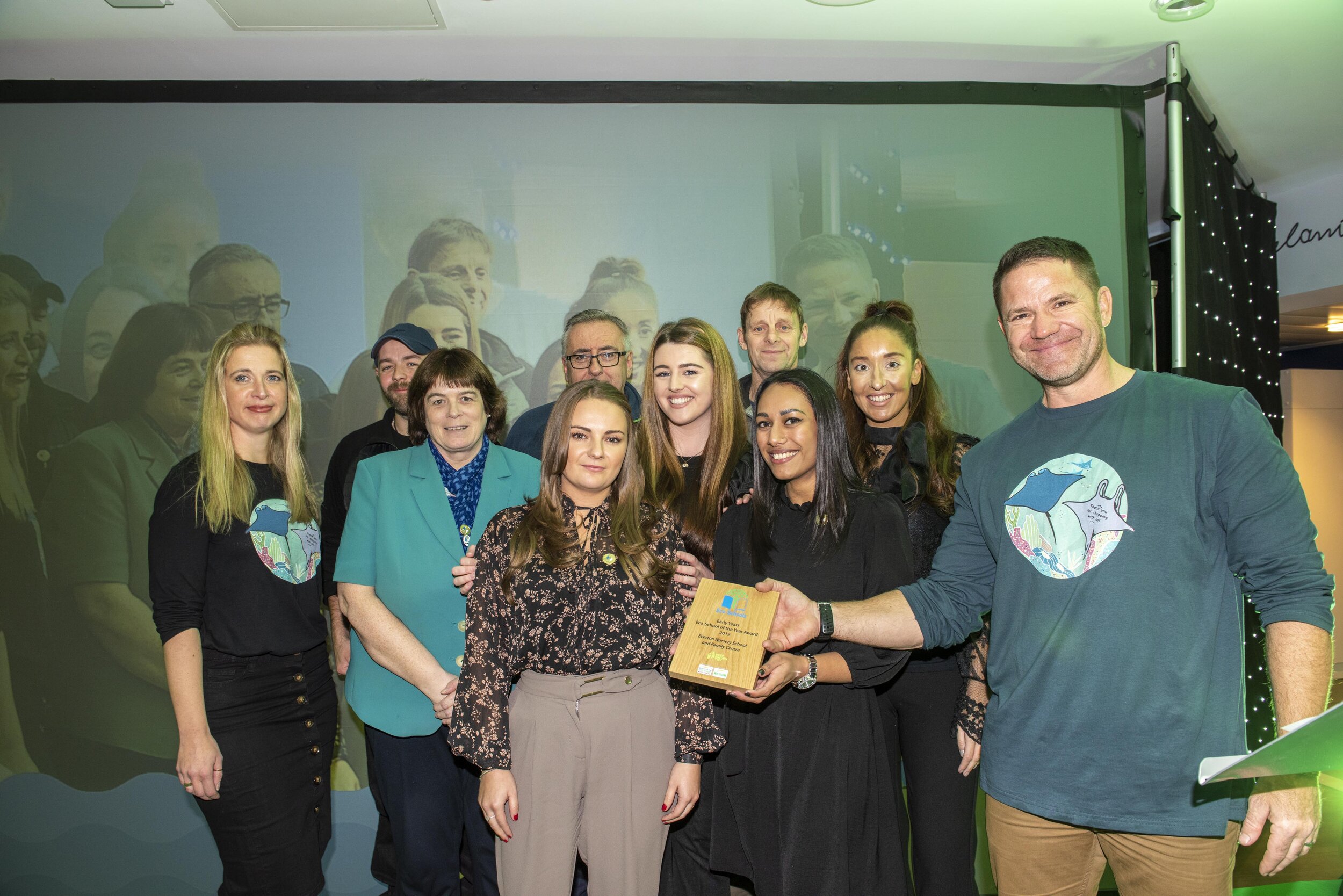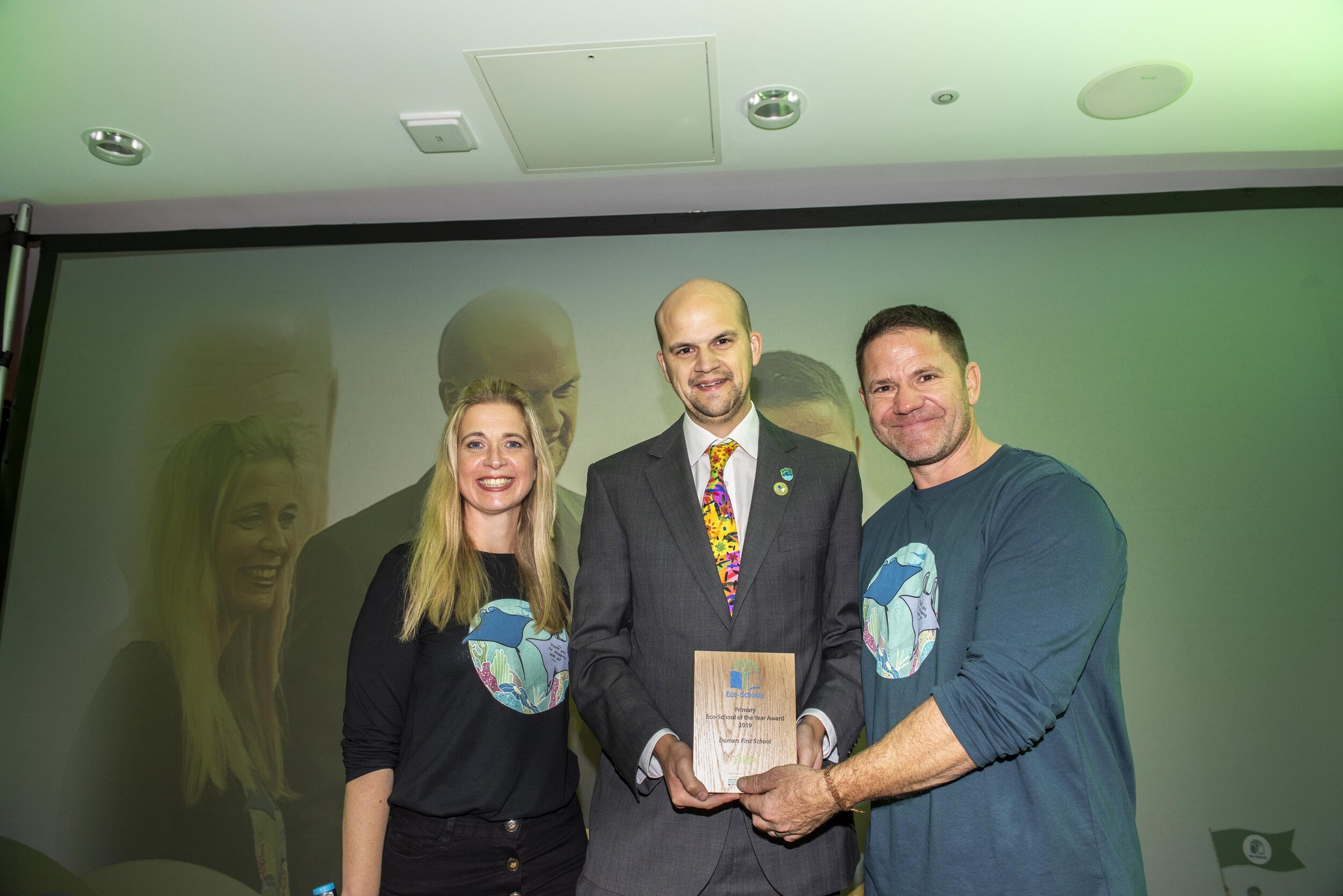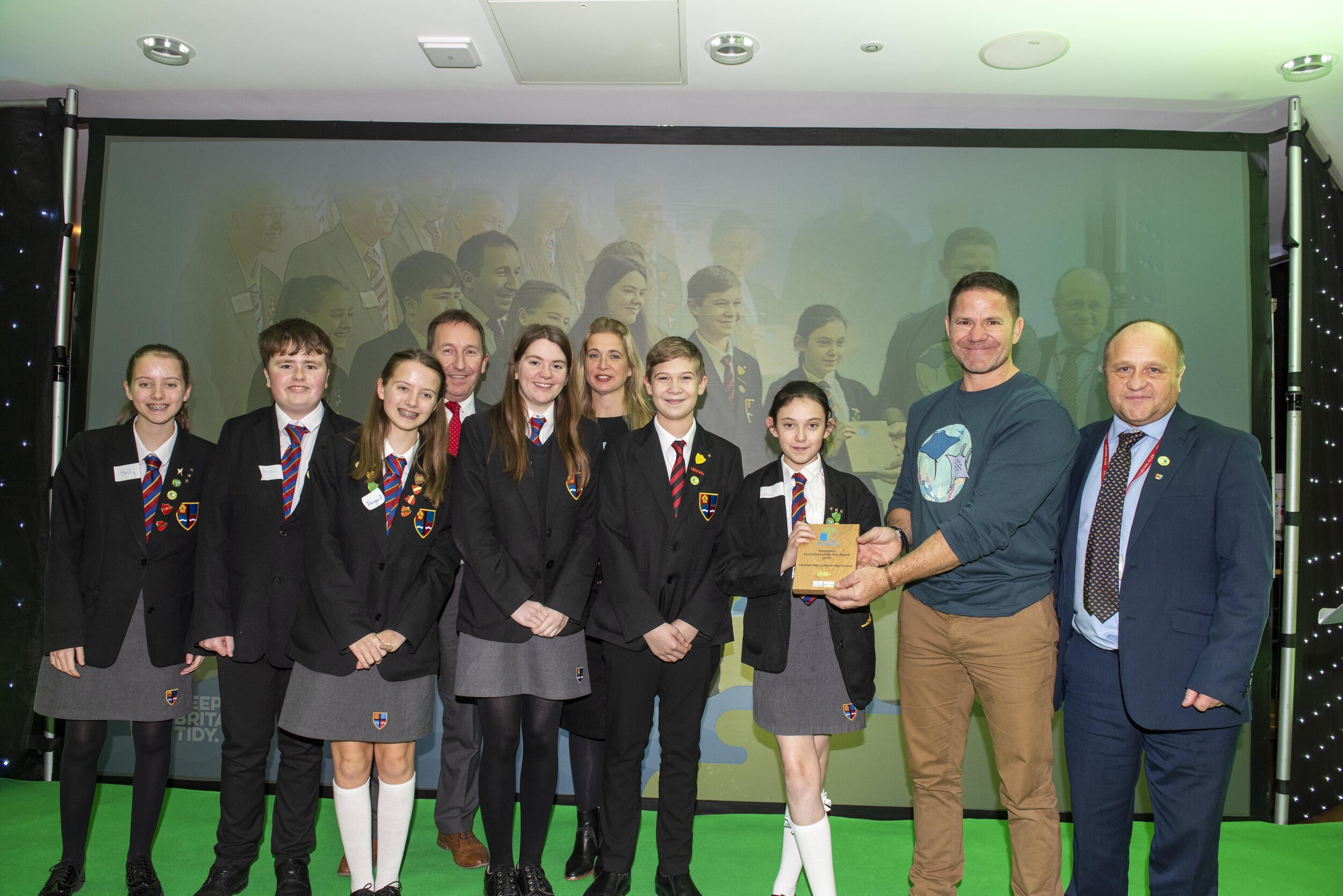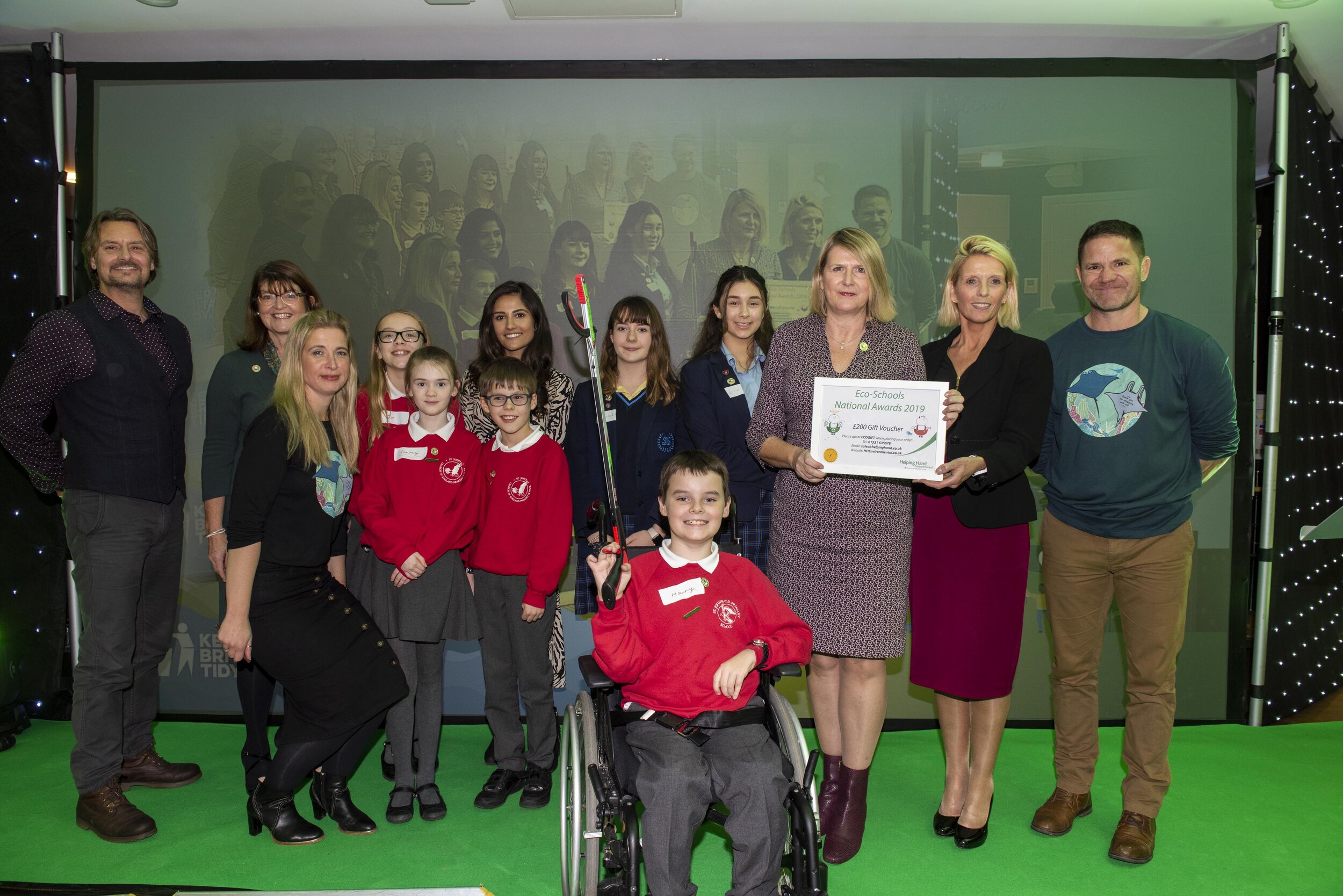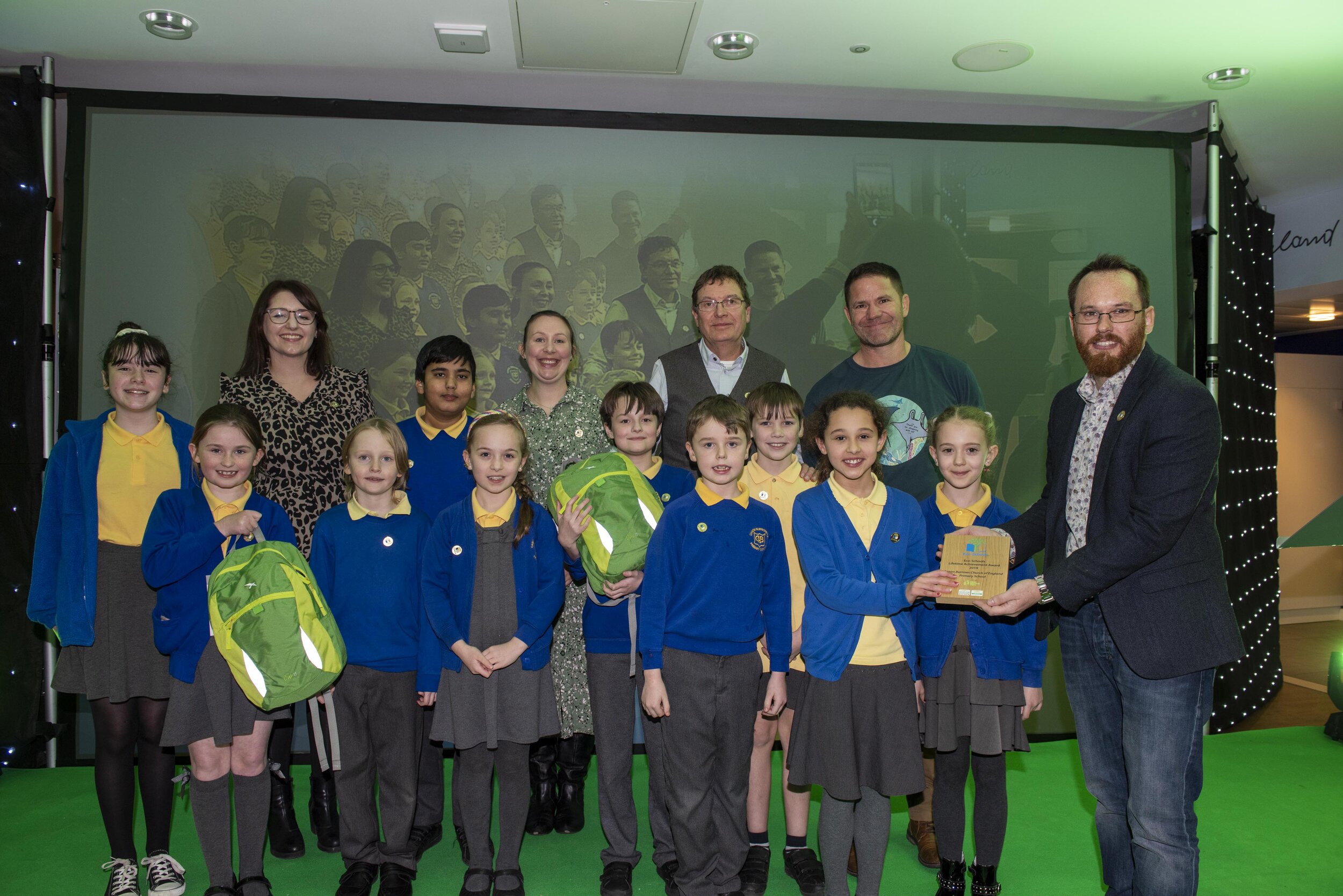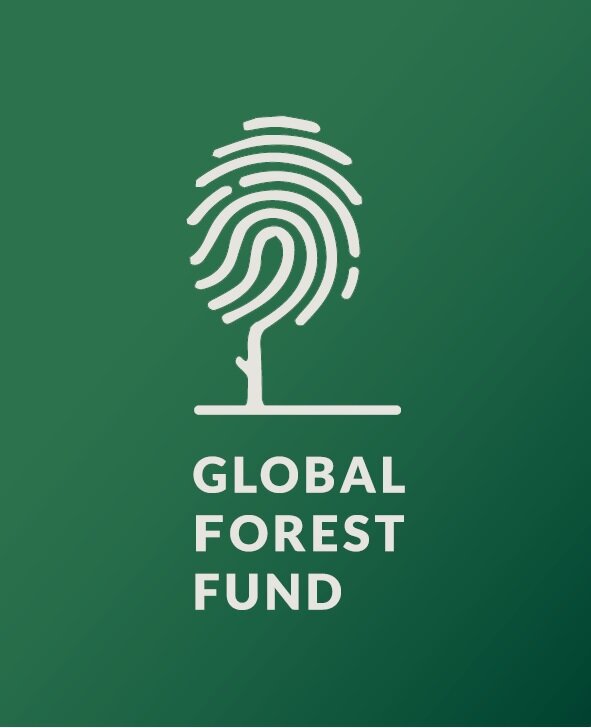Sam Patterson’s love of the environment started when he was a just a baby, when he would be calmed by the sound of wind moving through the trees. As a toddler he could be found gently stroking snail shells in the garden, and by age four he regularly wondered if trees might have senses we don’t understand. At age seven, the same year he was diagnosed with dyslexia, Sam was speculating if we could freeze exhaust fumes and somehow reuse them, or at least prevent them from polluting the air. When he was nine, Sam was diagnosed as being on the autism spectrum.
And this year, Sam published a piece of environmental journalism that won first place in the Northern Ireland Young Reporters for the Environment (YRE) national competition. His Litter Less Campaign article ‘The Natural Respirator’ explores the paradox between humanity’s connection to nature and our tendency to harm it through human activities.
Read Sam’s winning article here
Sam’s lifelong passion for the environment inspired him to participate in the YRE competition, and personal experience moved him to choose the topic of his article.
“My family were experiencing quite a lot of difficulty at the time as my grandfather was dying of Covid in hospital,” says Sam. “There were a lot of these man made policies and safety regulations and things for them to deal with. But really I was thinking about how I could help to benefit the environment. The environment feels more straightforward – there’s no catch to looking after it. It’s a flawless thing. That’s why I called it the Natural Respirator. I knew about shortages in the UK and that they were tied to leaving the EU and the secrecy around this. There’s no pride in nature. It’s easier for me to relate to it.”
Sam at age 3 with one of his beloved garden creatures.
Sam’s mother Rachael says that despite his differences, he has always been enthusiastic about expressing his love of nature. Even though he struggled to read and write when he was younger, Sam has always had a vivid imagination and a strong grasp of language.
“Sam preferred to communicate by drawing and talking, and much of what he drew was to do with the natural environment,” says Rachael. “On discovering his dyslexia he gained the support he needed to allow his love of words to take shape on the page. He was then able to enjoy the text as well as the photos in his many wildlife books. Sam then joined the school's Eco Council and found his place. There he developed confidence in writing about what he loved, often illustrating his ideas. His great passions in life are the environment and art, with writing coming along a little later, but with growing confidence it proves an ever increasing channel for Sam's self-expression.”
Sam drew this illustration of a Blyth’s Hornbill as a birthday present for his mother this year.
Sam joins the ranks of other spirited young environmentalists with autism, including Greta Thunberg and fellow Northern Irishman Dara McAnulty, who channel their particular ways of seeing the world into positive action for the planet. Leadership comes in many forms, and these young activists are using their unique perspectives to change the way people think about the environment.
As for Sam, YRE has given him the opportunity to hone his environmental reporting skills and provided a platform to communicate his message to the world. He hopes that his article can inspire others to reconsider their attitudes and behaviour towards nature.
“I hope it’ll allow them to realise that we need to strengthen our relationship with the environment. To understand that we’re all part of one huge ecosystem, and we’re all interconnected. Distancing ourselves from fully knowing this isn’t good for us… When there’s an increase in knowledge there’s an increase of support, of passion and of a will to change things, I think.”












